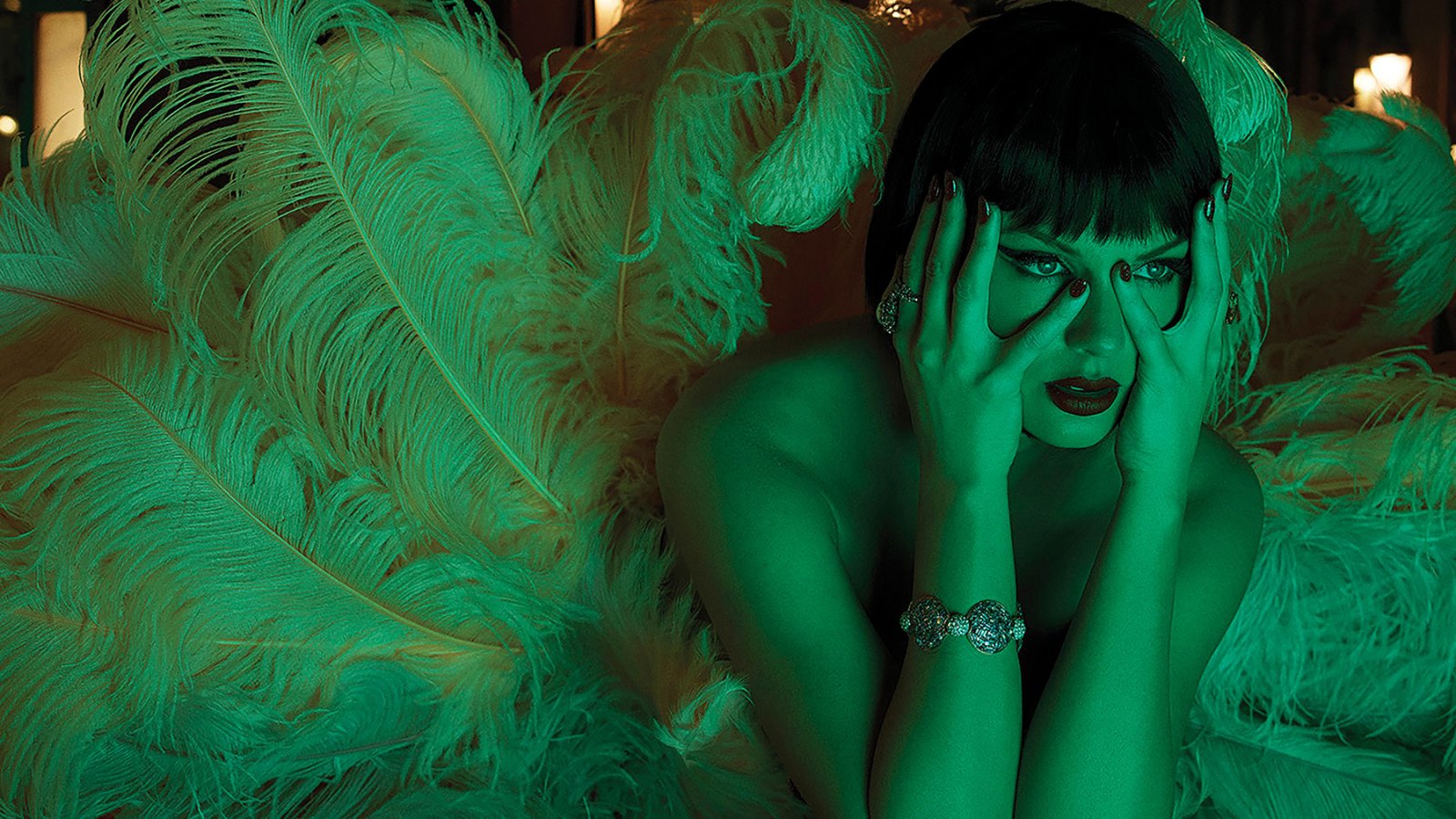Home / Arts and Entertainment / Musicologist Dismisses Plagiarism Claims in Taylor Swift's New Album
Musicologist Dismisses Plagiarism Claims in Taylor Swift's New Album
9 Oct
Summary
- Taylor Swift's 12th album released last week
- Listeners pointed out similarities to other artists' songs
- Musicologist says coincidental similarities are common in pop music
- No evidence of intentional copying or copyright infringement

Last week, Taylor Swift released her 12th studio album "The Life of a Showgirl," but it wasn't long before listeners began pointing out similarities between her new songs and existing tracks by other artists. The comparisons quickly escalated into accusations of musical plagiarism, targeting the album's title track, the song "Actually Romantic," and "Wood," which was inspired by NFL player Travis Kelce.
Responding to the online scrutiny, forensic musicologist Dr. Joe Bennett from Berklee College of Music explained that while the internet loves to "sleuth," similarity alone does not constitute evidence of influence or copyright infringement. He noted that popular music is a "constrained art form" with limited pitch ranges, chord progressions, and other shared elements, making coincidental partial similarities quite common.
Dr. Bennett analyzed the specific comparisons and found that the songs in question were "objectively dissimilar," with different melodies and chord progressions. He dismissed the accusations, stating that "melodic coincidences happen" and that Taylor Swift has a history of creating fully original songs using common musical elements. The musicologist concluded that there is no basis for any of the plagiarism claims against the new album.



